Love Is Varied: An interview with “Love Is Strange’s” John Lithgow
John Lithgow is thrilled to be part of a film that may help open people's minds to the idea of gay marriage
“I’ve never worked with a filmmaker quite like Ira Sachs,” marvels John Lithgow. “Both Fred and I are theater actors — we’re used to working much harder. But Ira didn’t want us working harder. He wanted it to come very easily.”
Effortless springs to mind watching Lithgow portray Ben, the older half of a displaced couple in Love Is Strange. It’s a heartbreaking performance, as Ben copes with being an increasingly unwelcome guest in the home of his nephew, Elliott (Darren E. Burrows). He’s an irritant to Elliott’s wife (Marissa Tomei) and a bane to his sullen, adolescent great-nephew, Joey (Charlie Tahan), whose bunk bed he’s obliged to share. More to the point, he longs to be back in the embrace of his beloved husband, George (Alfred Molina). And the forced separation strains their hearts but not their relationship.

Photo by Clay Eno / Courtesy of Sony Pictures Classics
Lithgow, of course, is well-known for his whacked-out, Emmy-winning stint in the giddy ’90s sitcom, 3rd Rock from the Sun, as well as his killer, Emmy-winning turn on the series Dexter. But think back to 1982. Lithgow literally stole the screen from co-star Robin Williams and Glenn Close in the screen-adaptation of John Irving’s The World According to Garp. His portrayal of transgender Roberta Muldoon scored him the first of two Oscar nominations. With Love Is Strange, he may very well be looking at his third.
The film’s title comes from a Mickey and Sylvia song from 1956. Originally, George and Ben were to sing the song at their wedding party.
“We were allowed the rights to either the song or the title, but not both,” says Lithgow. “Ira, by that time, had fallen in love with the title, so we had to find a different song to play.” Like Molina, Lithgow thinks the phrase is meant to be viewed in a Shakespearean sense. “There’s something magical about how varied love can be,” he says. “It just takes so many forms in so many different generations of people.”
METRO WEEKLY: There is such a natural feel to the acting in Love Is Strange. It almost feels effortless. How was that achieved?
JOHN LITHGOW: Ira’s modus operandi is that he doesn’t rehearse, he just sort of consults. I was working in Alberta, Canada on another film, and he came out and spent two days with me on my days off just to talk through the script, talk through Ben’s backstory, to tell me an awful lot about him and his life, and to learn a lot about mine. He really wanted to know me. He took a separate trip that spent the same amount of time with Fred Molina. He was eager to hear what my own history and own sensibility could do to inform the character and their relationship. So, when we finally arrived to work, we just started doing the scenes. It didn’t even feel like we were acting.
MW: You and Alfred Molina share such great chemistry.
LITHGOW: Fred and I were good friends, which was an enormous help. We’ve known each other for 20 years and we share a lot of characteristics — we’re both character actors and we’ve both worked in England and America, we’ve both worked movies and theater and TV, we’ve both done sitcoms. And we are both men whose marriages have been over 30 years long, so we know about the vicissitudes of a long-term relationship. We brought all those things to the table, but didn’t even need to talk about it a lot. The script was there to support us so beautifully. We both had the instinct to dignify these characters with respect, but also to play with them with humor and reality and all the quirks and crankiness and discord of a genuine relationship. It almost amazes me how little actual spadework we did. It just simply sort of happened.
MW: I don’t want to give too much away but there is an interesting dialogue between them where your character, Ben, alludes to past indiscretions. It’s a small yet potent moment.
LITHGOW: Well, youhave the sense that this is something that they’ve both been through and dealt with many, many years before. I think he was talking about the first half of their 40 years together when he was probably a more reckless guy. When he says, “I’m sorry I can’t say the same to you, George,” you get the feeling that George already knows that. You know? They really have dealt with and survived these things. And that’s not all they survived. They survived AIDS. They survived the loss of scores of friends and survived living a life of second-class citizenship, accepting that trade-off just so that they could be together.
MW: The film starts off on such a high note for them, but very quickly puts the mechanism in place to kind of tear them apart.
LITHGOW: Yeah. It is just awful under those circumstances. And although the movie is not about this, it’s perfectly typical. I mean this is happening so often. Men getting married and one of them getting fired by the Catholic Church. There was even a big story about this in Chicago just a week ago when Ira was there to promote the film. Our film is hopeful, though. Our film makes you feel that ten years from now this will not be happening anymore. Even John Cullum, in his lovely performance as the priest who fires George, gives you the feeling that he hates the fact that he has to do this, and that the Catholic Church is beginning to look ridiculous, the fact that they do this to human beings.
MW: The film also deals with aging in an interesting way, particularly in the way Ben interacts with the family’s son. Their journey becomes a parallel narrative thread.

LITHGOW: Yeah, and Ira was very lucky to find Charlie Tahan to play the grandnephew because he just expresses everything, that boy. It’s so wonderful that he takes this journey. His great uncle is a big irritant to him, he’s a big imposition. He is very cruel to him when he says, “You’re a bad artist, otherwise you wouldn’t be sleeping in your nephew’s bunk bed.” And yet, it [eventually] dawns on him just how important this old man has been to him. It’s one of my favorite aspects of the film. This notion of a young boy who knows so little about himself, sounformed, receiving the strongest lessons in life from this old man.
MW: I need to touch on The World According to Garp. I may be wrong about this, but I’m pretty sure you were the first Hollywood star to take on a significant transgender role in a major motion picture. I can’t think of another.
LITHGOW: I’ve never heard it put that way, but I think you’re probably right. The beautiful thing about playing that role was all the facts of Roberta Muldoon were the stuff of comedy — transsexual ex-professional football player. Even the position Roberta played — tight-end — was a certain dirty joke. And yet, in the film, she’s disarmingly real and serious. She’s the kindest person, the sympathetic heartbeat of that film. The first scene she had has about two or three big laughs in it when she introduces herself to Garp. The very next scene she’s sobbing because the one thing she can’t do as a transsexual woman is have a baby. It’s a very serious scene, a very sad scene. I love that we took the character beyond a comic cliché almost immediately. In fact, she was never a cliché, it’s just that our responses to her were clichéd.
MW: At the time, did you have any trepidation taking on the role? Did you get any advice not to take on the role?
LITHGOW: No, I was dying to play that role. I loved the character in the novel long before I even knew there would be a movie. And I not only loved the role but I thought I was perfect for it. I thought I combined just the qualities that the role needed — a great big strapping guy with a certain little girl sensibility. It was a marvelous duality. Duality is what I always look for.

MW: You worked with Robin Williams in Garp. What memories do you have of him?
LITHGOW: Well, I loved Robin, of course, and I thought he was a genius. I did see up close and personal his sad side. We worked together for many weeks, and were all sequestered on an island off New London, Connecticut. You can only be with an entertainer for so long — I mean, an entertainer who simply won’t stop entertaining. It was very hard for Robin to just simply calm down and be himself and have a serious conversation. He was very, very reserved and almost morose in a one-on-one conversation, but when one other person walked up, he would suddenly start performing like crazy. And when you’re all together as a little social organism for a month and a half, eventually people started to steer clear of him. AndI found that so sad. He suddenly seemed like a kind of solitary figure and a sad one. I mean, it was in a period when he was a serious coke addict. He did recover and got himself out of that terrible fix, but he never escaped depression. I saw instances of it back then.
MW: Given that the protagonists in Love Is Strange finally marry after 39 years, I’m curious: how do you feel about the incredible surge toward same-sex marriage we’re currently seeing in this country?
LITHGOW: I knew it was coming. I remember about 10 or 12 years ago,I was in San Diego doing Dirty Rotten Scoundrels before it came to Broadway, and I did a radio interview and some gay marriage ban had been enacted in some state. I can’t remember the specifics, but the radio interviewer asked me what I thought of this. And I said, “I think it’s wrong and it’s unjust and it’s against the Constitution. ” And I said, “But you know what? Ten years from now we’ll look back at this and think, ‘How did we ever outlaw this?'”And by God, it’s happened.
This is why I say ten years from now the Catholic Church will no longer be firing gay choir directors. At a certain point, these people look medieval. They look ridiculous in the modern age. And it makes me feel awfully good that our film, even though it’s not a polemic, might just contribute a little bit to opening people’s minds, broadening their consciousness on the subject.
Read our interview with Alfred Molina here.
Support Metro Weekly’s Journalism
These are challenging times for news organizations. And yet it’s crucial we stay active and provide vital resources and information to both our local readers and the world. So won’t you please take a moment and consider supporting Metro Weekly with a membership? For as little as $5 a month, you can help ensure Metro Weekly magazine and MetroWeekly.com remain free, viable resources as we provide the best, most diverse, culturally-resonant LGBTQ coverage in both the D.C. region and around the world. Memberships come with exclusive perks and discounts, your own personal digital delivery of each week’s magazine (and an archive), access to our Member's Lounge when it launches this fall, and exclusive members-only items like Metro Weekly Membership Mugs and Tote Bags! Check out all our membership levels here and please join us today!




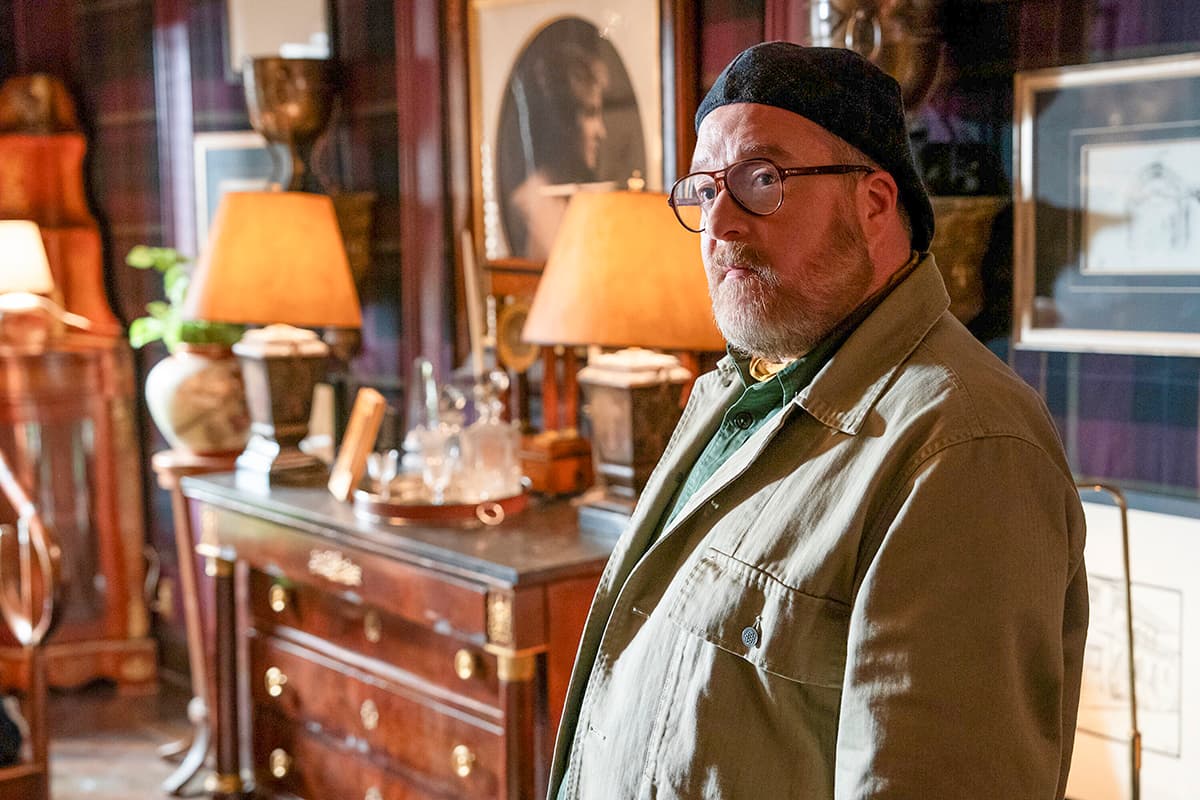
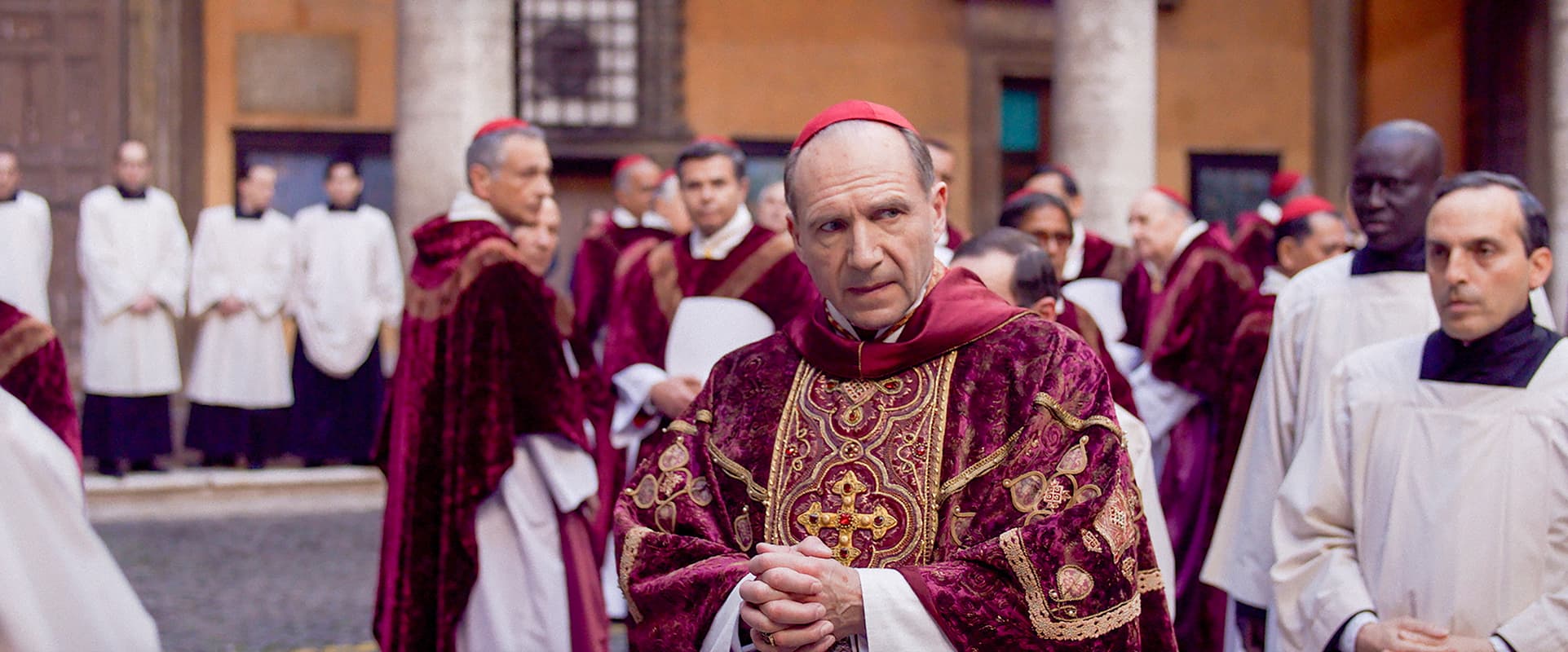
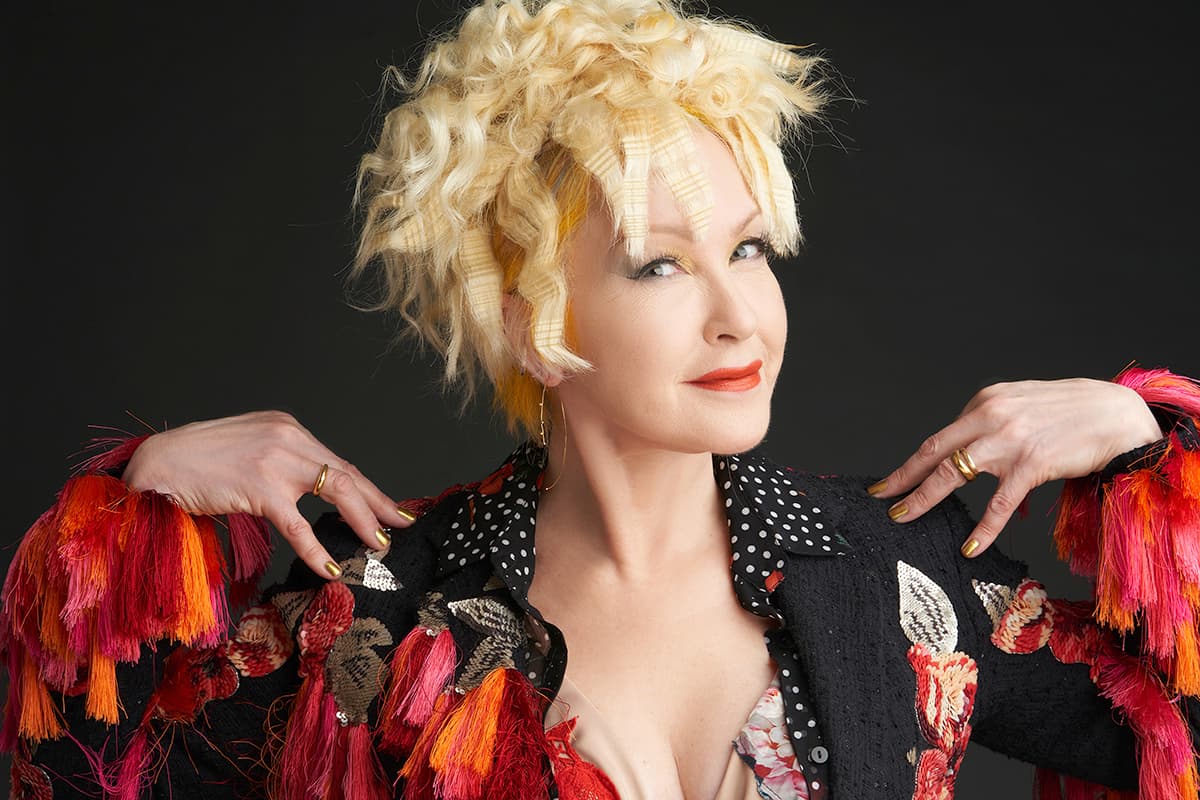















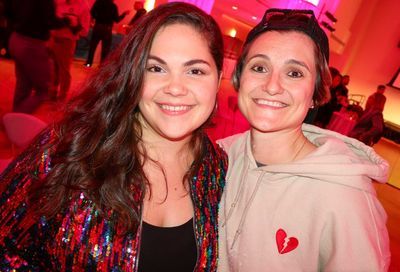
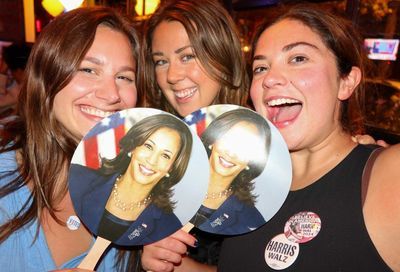
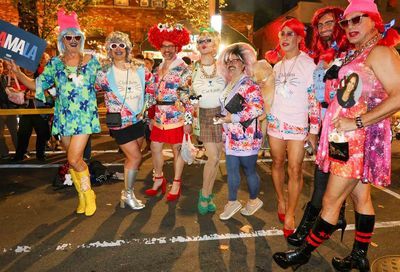
You must be logged in to post a comment.